Iannis Roder is associate professor of history. He has been teaching since 1999 in a ZEP college in Seine-Saint-Denis, and heads the Observatory for Education at the Fondaiton Jean Jaurès.
He has just conducted a survey (IFOP / Jean Jaurès Foundation) on this subject
.
FIGAROVOX.- You have just published with the Jean-Jaurès Foundation and Ifop a major survey
“Teachers in France faced with protests against secularism and separatism”
.
To the question “Have you ever self-censored in your teaching on these subjects?”, 49% of the teachers surveyed answered yes.
This figure has risen significantly for two years (+ 13%).
How to explain this relatively sudden increase?
Iannis Roder.-
In reality, more than the rate of 49% of professors, which corresponds to the total of professors who have already self-censored at least once during their career, the rates of professors doing it regularly (5%) or "of from time to time ”(22%), which we can translate as“ several times during the school year ”, represent 27% or more than 1 teacher in 4. This is more than double what we observed in a similar survey of teachers in 2018 (13%).
This is where our concern lies, because these rates reflect a worsening of the situation.
There are several hypotheses that we can put forward: the first is that the teachers, after the horror of Samuel Paty's assassination, no longer hesitate to tell the reality of what they are going through.
We were moreover struck by this release of the teacher's voice, especially in the press, after the assassination of the professor.
This, among other things, gave us the idea to add this component to our background survey on teachers, the following components of which will be published in the coming weeks.
The second hypothesis brings us back to the idea that sometimes aggressive religious considerations create atmospheres not very conducive to the serenity of teachers and seem to cause mistrust between teachers and their students on these questions, mistrust which therefore seems to have increased between 2018. and today.
The importance of religion in the life of certain young people and in their vision of the world seems so important that they seem less and less able to put it aside in the school of the Republic, less and less able to listen. , to accept teachings which, according to them, would go against their beliefs and representations.
This is a sign, among others already highlighted by the research of Gilles Kepel, Bernard Rougier or even Hugo Micheron, of the progression, among young French Muslims, of a radical, uncompromising and rigorous Islam, absolutist like say Anne Muxel and Olivier Galland.
Recent surveys on the subject also show a surge, especially among young people, in the significance of religion.
Thus, for example, 26% French Muslims under 25 do not condemn the perpetrators of the Charlie Hebdo attack and 74% of them put their religious convictions before the laws of the Republic (“Droit au blasphème , cartoons, freedom of expression: are the French still Charlie? ”, Ifop study for Charlie Hebdo, August 2020).
What has been simmering for years now tends to manifest itself more because it is the expansion of a vision of the world that comes head-to-head with the school which is the vector of republican and democratic values and which aims to emancipate the spirits.
History always knows times of maturation and acceleration.
Today, therefore, teacher training must take into account this reality which is taking hold in the French school landscape as it is taking hold in society.
The school is not waterproof and, on the contrary, is a target.
Hopefully we have all understood that today.
In total, 59% of teachers observed some form of “religious separatism” from students in their current school at least once.
What are we talking about exactly?
Have you been a REP teacher yourself?
Have you ever censured yourself?
What the survey means by “religious separatism” is any act or manifestation that results in a refusal of activity, a specific demand, a challenge to education in the name of religious convictions.
We thus find disputes about teaching or teaching content which may concern physical and sports education (EPS) courses, in particular by young girls who claim medical certificates in order to avoid the swimming pool but also the lessons. tackling secularism or science lessons for example.
The problems also appear when specific requests or complaints are expressed related to the respect of certain religious precepts, in particular school catering with the request for confessional meals (eg: Halal or Kosher), request that the secular school does not satisfy.
It is also a question of contesting educational activities, for example during school trips and the question of wearing signs or outfits by which pupils ostensibly manifest a religious affiliation (which is prohibited by the law of 2004).
Self-censorship by teachers is becoming more important.
Our survey, beyond the 59% of teachers who say they have already encountered a form of religious separatism in their current establishment, tells us that 24% of teachers, or 1 in 4 teachers, experience “regularly” or “from time to time”. time ”of the challenges to its teachings (+9 points compared to 2018), testifying in this to a situation that is tense, first in establishments located in REP and in working-class suburbs, but not only because we observe that it is all the territories, school as well as geographical, which are concerned today.
Consequently, faced with an extension of the phenomena of protest, the self-censorship of teachers becomes more important.
My personal case does not matter, on the other hand, it is interesting to examine what drives teachers to self-censorship.
In fact, some, in order to avoid a possible destabilization of the class, faced with what would force them to respond step by step to protests, demonstrations of bad humor or worse, prefer to remain silent and avoid addressing certain subjects.
Is it fear?
It is possible in certain cases but it seems to me that it is more about small retreats, small resignations, sometimes out of weariness and fatigue, which is understandable as certain situations are difficult.
This is how we can end up buying social peace by avoiding certain subjects, either because we consider that the game is not worth the candle, that is to say we are not going to risk a confrontation for what we do not consider so important as that, that is finally that we no longer feel invested with the republican edifying mission which is nevertheless an integral part of its mission.
This last hypothesis, harder to hear and therefore to accept, cannot be dismissed.
There remains a final hypothesis which stems from two closely linked elements: the lack of training of teachers in religious questions which is coupled, for many, with a lack of knowledge, even an ignorance of the practices but also of the conceptions of the world induced by the beliefs.
Teachers are not outside of society, which is very largely secularized and has difficulty grasping what believing means, often seeking to cut back on beliefs, particularly of an absolutist type, economic and social considerations, as if belief and the identity that accompanies it could only be the consequence of a social distress, as if the belief did not also come under its own dynamic.
It is a way of not taking the problem seriously to think that it necessarily comes from elsewhere.
Do the teachers surveyed feel supported by their hierarchies?
It is striking to note that 16% of teachers say that they do not report the incidents they witness, neither to their school administration nor to the rectorate.
On the other hand, only 56% declare them to their management, that is to say a little more than 1 in 2, it is little.
We can see there a lack of confidence in the answers given, which partially confirms the survey because they are only a small majority (54%) to have found full support from their direct hierarchy and not less than 30% considered that the reactions were too complacent.
The need for support from the intermediary hierarchies of national education is felt, in particular in the establishments in REP, where 40% of the teachers consider the answers too complacent.
In the eyes of teachers, the institution will only be legitimate when they feel it is protecting them.
The need for support by the intermediate hierarchies of national education is felt.
The speech of the Minister of National Education, Jean-Michel Blanquer, nevertheless carries a very clear speech on these questions, repeating regularly that the "no wave" does not need to be and that the time is over. where we put "the dust under the carpet".
But despite this proactive discourse and the personal commitment of the Minister on these issues with the establishment of the Values of the Republic teams in the academies and the Council of the Elders of secularism, but also the production, at his request, of valuable tools like the Vademecum laïcité, it takes time to develop a culture of discretion that has been running for 30 years.
On the other hand, the teaching organizations do not always seem to be sensitive to this commitment of the minister for the simple reason that they more often put forward other questions, in particular the demands related to reforms (high school, pensions, etc. .), much more present in some speeches than questions related to the values of the Republic.
It also illustrates the hierarchy of priorities that some organizations choose to establish.
It is difficult to know if this corresponds to what is said and thought in the teachers' rooms.
We will nevertheless be able to provide some answers because one of the future components of our survey on teachers will focus on the degree of attachment to the principle of secularism.

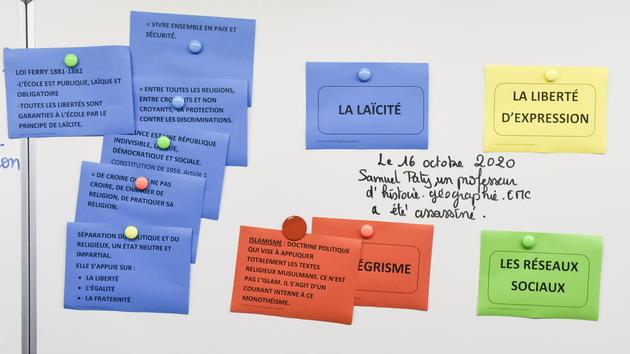
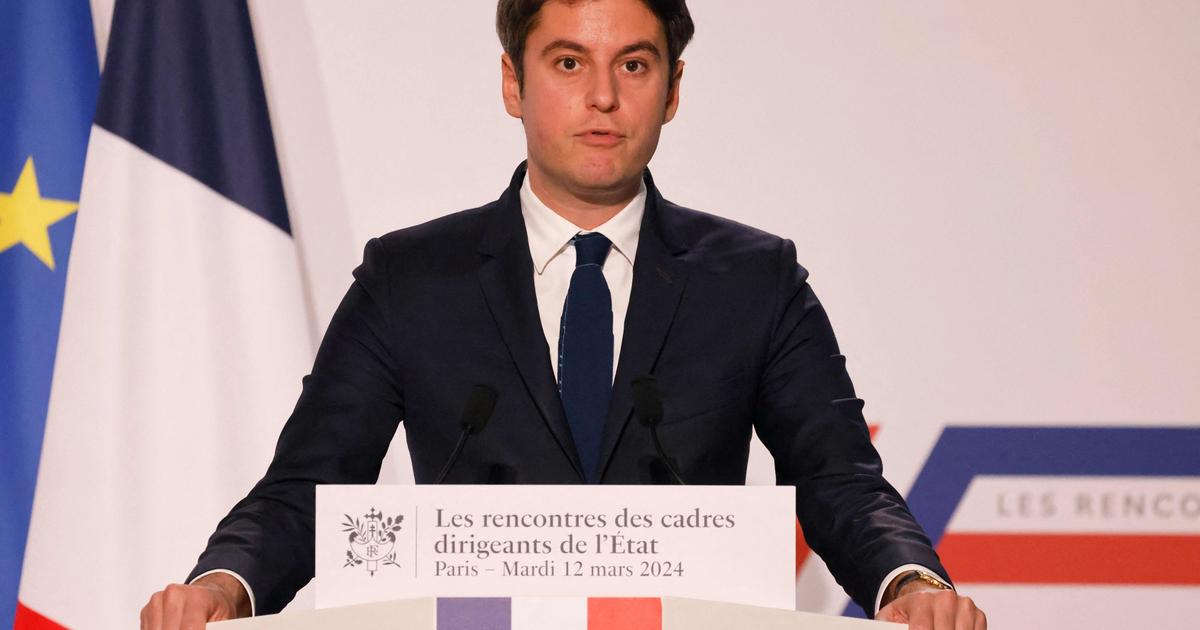

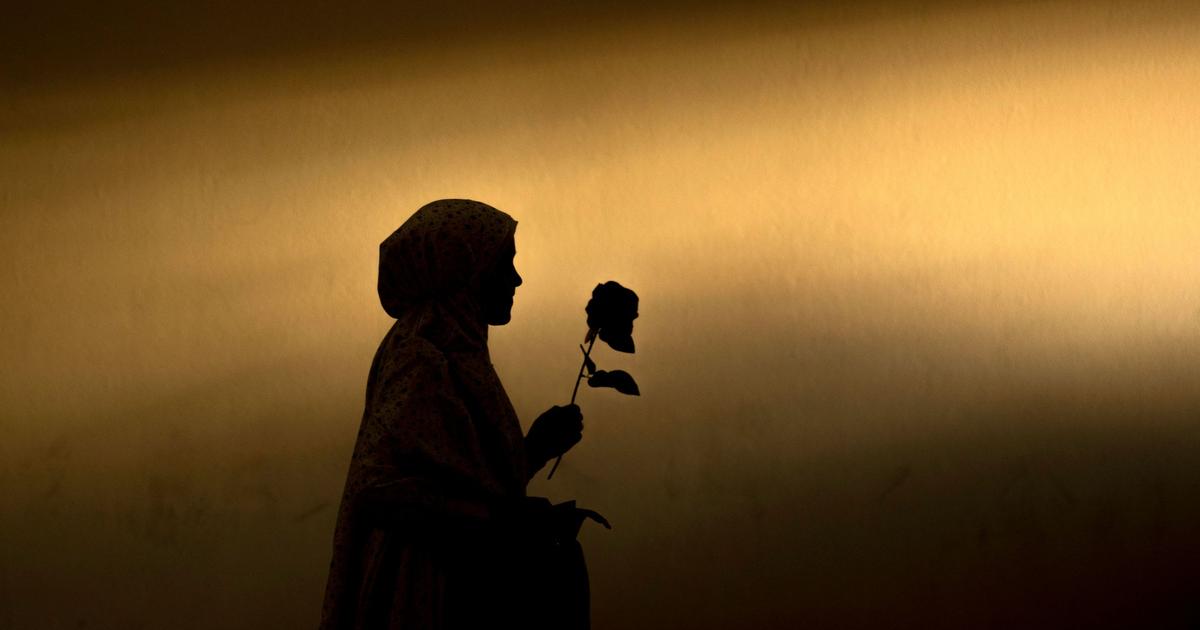
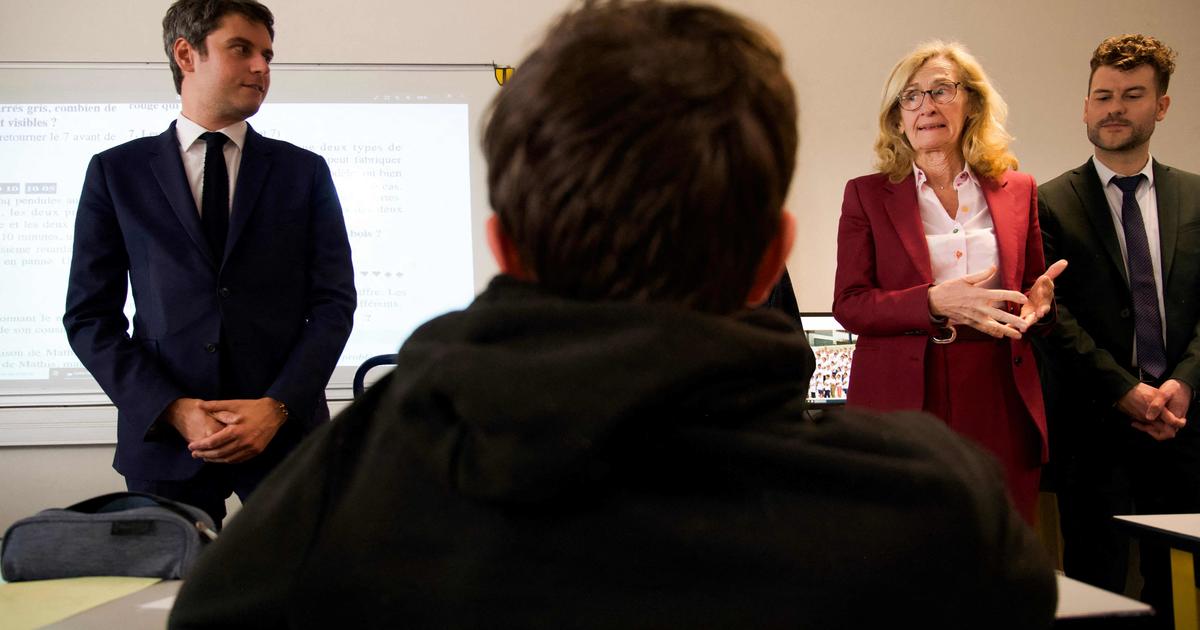


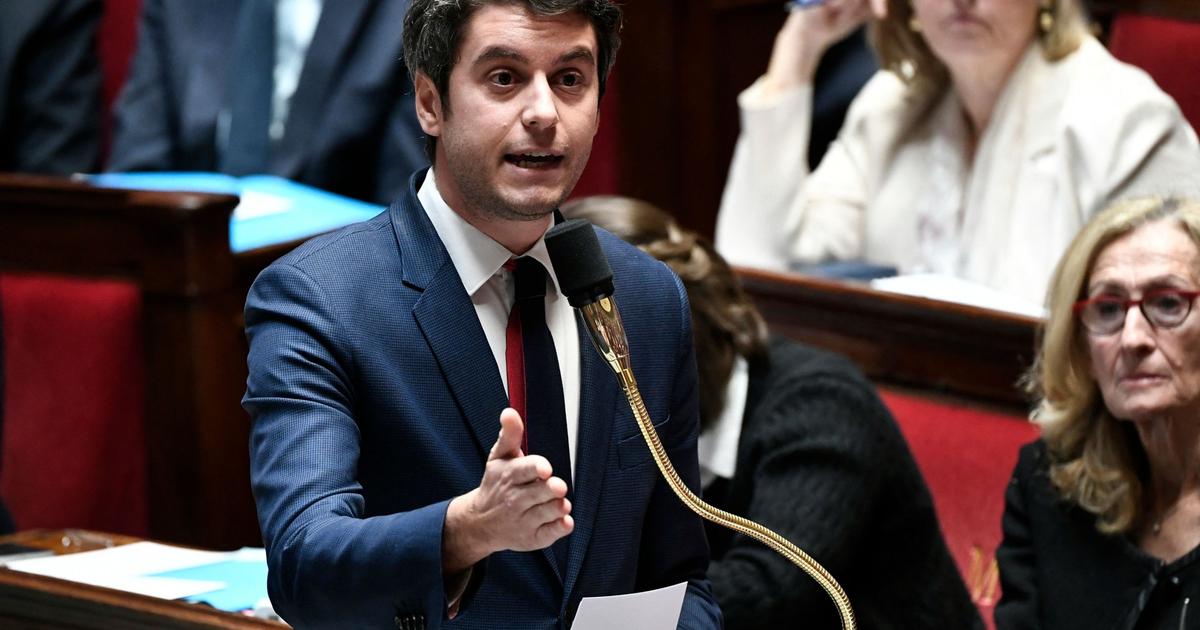
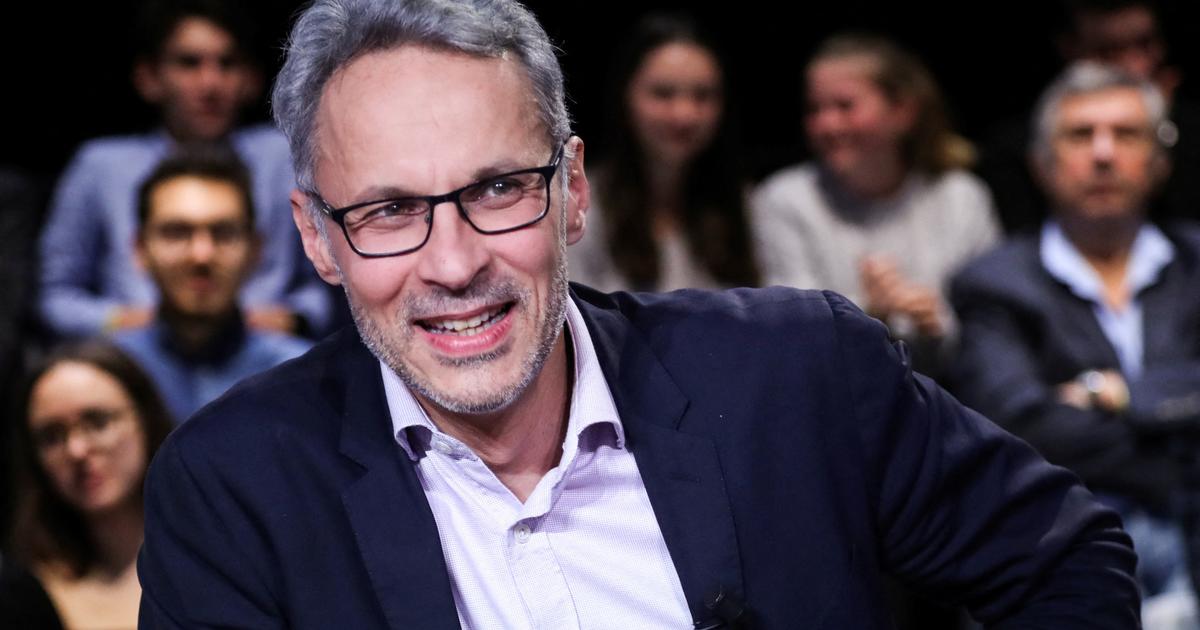

/cloudfront-eu-central-1.images.arcpublishing.com/prisa/KMEYMJKESBAZBE4MRBAM4TGHIQ.jpg)



